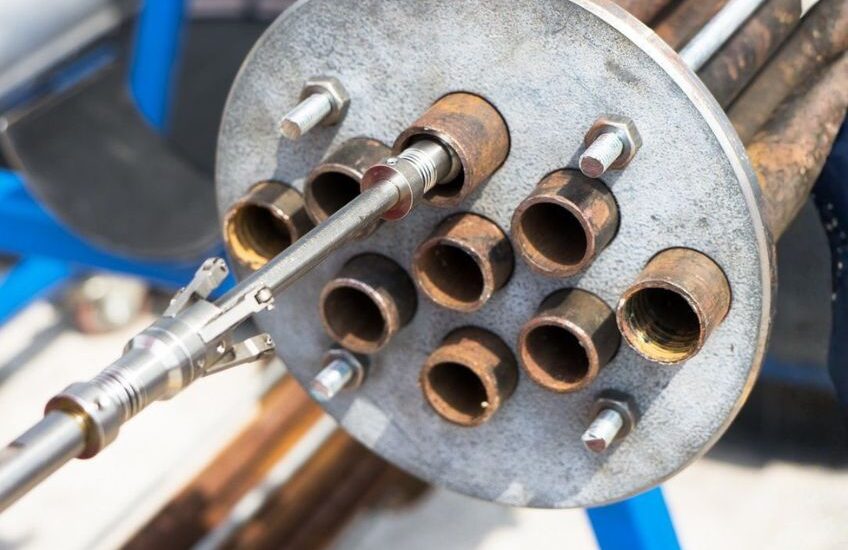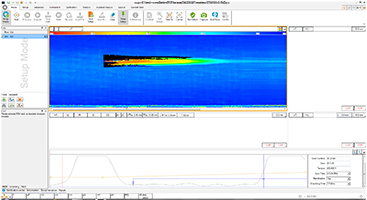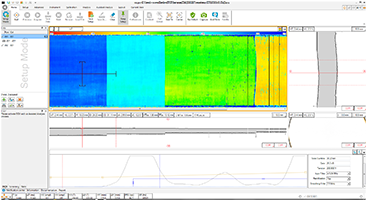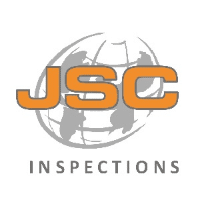
IRIS Inspections
Internal Rotary Inspection system (IRIS)
IRIS is an ultrasonic inspection method used for the non-destructive testing of pipes and tubes. It can detect corrosion pitting and wall thickness reduction and is commonly used for the tube inspection in boilers, heat exchangers, air coolers and feed water heaters. It is a particularly versatile inspection method as it is suitable for ferrous and nonferrous materials. The application can be used on a wide range of tube diameters and wall thicknesses.
An IRIS probe is inserted into a flooded tube, the probe is equipped with a transducer which regenerated an ultrasonic pulse along a path parallel to the axis of the tube. A rotating mirror directs the ultrasonic pulse unto the inner tube wall. The mirror is driven by a small turbine which rotates due to water pressure generated by a pump.
The ultrasound pules are reflected by the inner diameter (ID) and outer diameter (OD) tube wall. The time of flight difference between the two diameters is used to calculate the tube wall thickness.
As the iris probe is pulled, the spinning motion of the mirror results in a helical scan path ensuring the full coverage of the tube.
Benefits of using IRIS:
- Suitability for ferrous and nonferrous materials
- Detection of corrosion, pitting and wall thickness reduction
- Accurate wall thickness measurements
- Sensitive to both internal and external defects
- Defect position can be located in relation to the tube length
- Can be used as back-up for the validation of ECT Inspection results
JSC Inspections – we offer Non-Destructive Testing and Inspection Services for clients in the oil-, gas- and petrochemical industries, the chemical industry, the energy sector and the construction of pipelines and structures industry.


